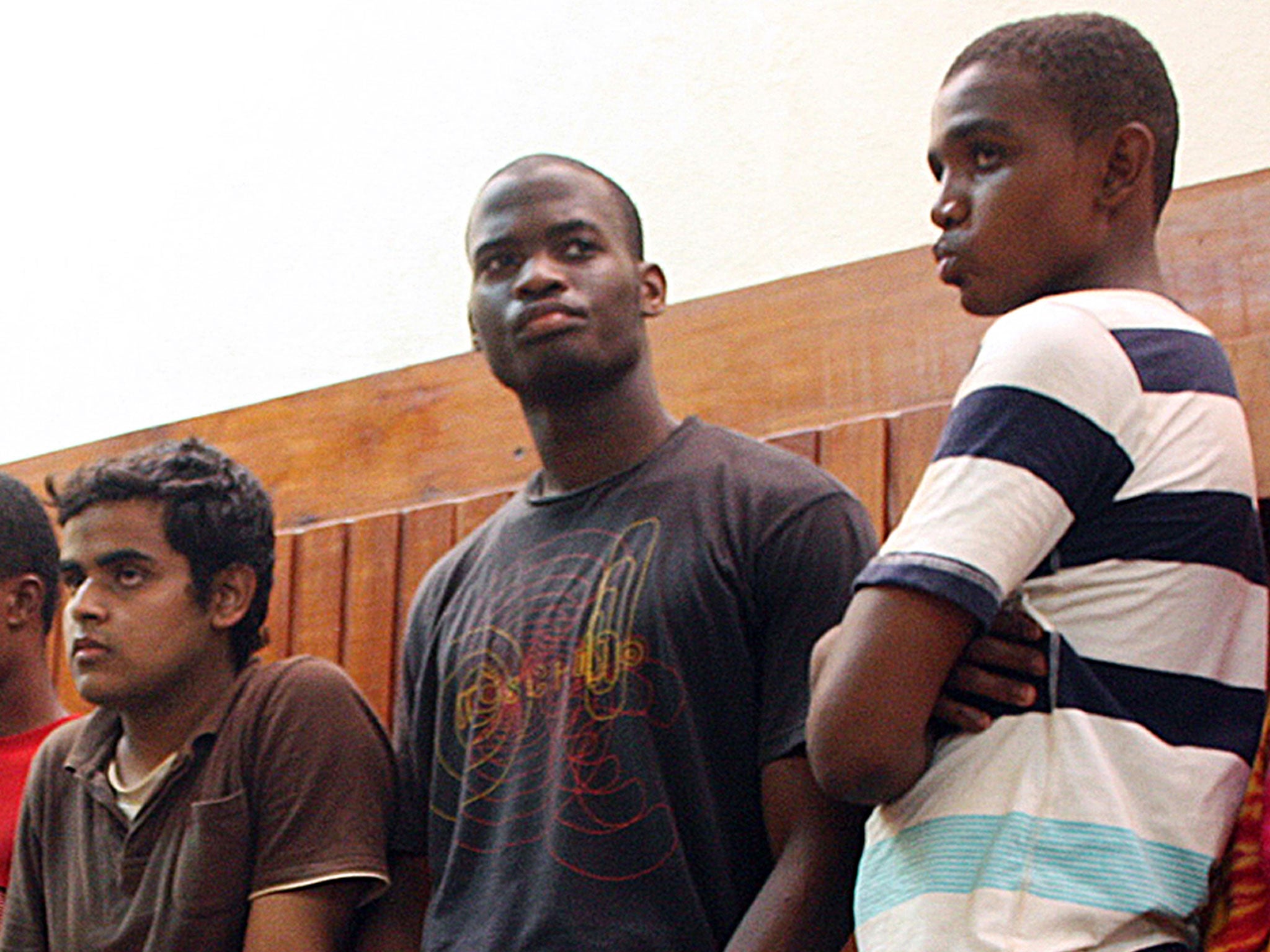Lee Rigby murder: UK’s street gangs ' are the next breeding ground for new brand of extremist'

Young urban gang members have been targeted by charismatic preachers for conversion to a radical form of Islam, in a development not being properly addressed by the Government's security programme, community leaders claimed in the wake of the Woolwich trial.
The case of two black Muslim converts, both from criminal backgrounds and with a highly tuned sense of grievance, has highlighted concerns that efforts to prevent radicals are focused too much on universities and so-called middle-class converts.
Gang members inside and out of prison had been "groomed" - but MPs warned in a report last year that the main government anti-terrorism strategy makes no mention of the threat from this group of vulnerable and marginalised young men, many of whom have grown up in a culture of violence.
"There hasn't been enough focus on people like gang members, people from deprived areas or [those with] an anti-establishment mindset... this is one of the ungoverned spaces," said Ghaffar Hussain, head of research at Quilliam, the anti-extremist organisation.
Michael Adebowale was a member of a gang at the time of his conversion at the age of 17, police confirmed, but his path to radicalisation remained unclear.
MPs found that converts to Islam were at particular risk of radicalisation. In April, Richard Dart, a white security guard converted by Anjem Choudary - former leader of the now-banned al-Muhajiroun group - was jailed for six years for plotting to attack soldiers at Royal Wootton Bassett.
One in five terror-linked prosecutions are connected to al-Muhajiroun, according to the Henry Jackson Society, and the group is said to have had links with dozens of young Muslims travelling to Syria.
The Government said this month that it was considering new orders to try to ban groups that spread extremist views. Theresa May, the Home Secretary, said: "We have some of the toughest counter-terrorism laws in the democratic world and we are resolute in our determination to counter the threats to our way of life posed by extremist behaviour and ideologies."
But security officials have warned of a more complex threat emerging from lone-wolf attackers and smaller groups. For teenagers in trouble with the police, failing at school and alienated from society, political Islam can appear a noble cause, said community workers.
Alyas Karmani, the director of Street UK, which ran a de-radicalisation programme focused on young black recruits of Islamist extremists, said the recruits were approached by "sophisticated individuals".
"In the urban environment, being Muslim carries a bit of street cred. It's the urban religion of choice," he said. "It's about religion sticking two fingers up at the establishment. It's an attractive mix. It validates criminality."
MPs were told last year that Abdullah al-Faisal, an Islamic preacher and black convert jailed and later deported for soliciting the murder of Hindus and Jews, convinced a man three cells from his own to undertake a martyrdom mission within three days of his arrival at Belmarsh prison.
The man left prison and went to Yemen, seeking a training camp, but was diverted to an Islamic school and returned to Britain.
"These kids' constant experiences are of being victims, and then the radicalised movement comes along and offers them the opportunity to be heroic," said Camilla Batmanghelidjh, the founder of Kids Company, which works with vulnerable children in the capital. "The radicalisers are identifying the most vulnerable kids... They're showing them videos that are getting progressively worse, alleged atrocities by the British. Then they're sending them to training camps abroad."
